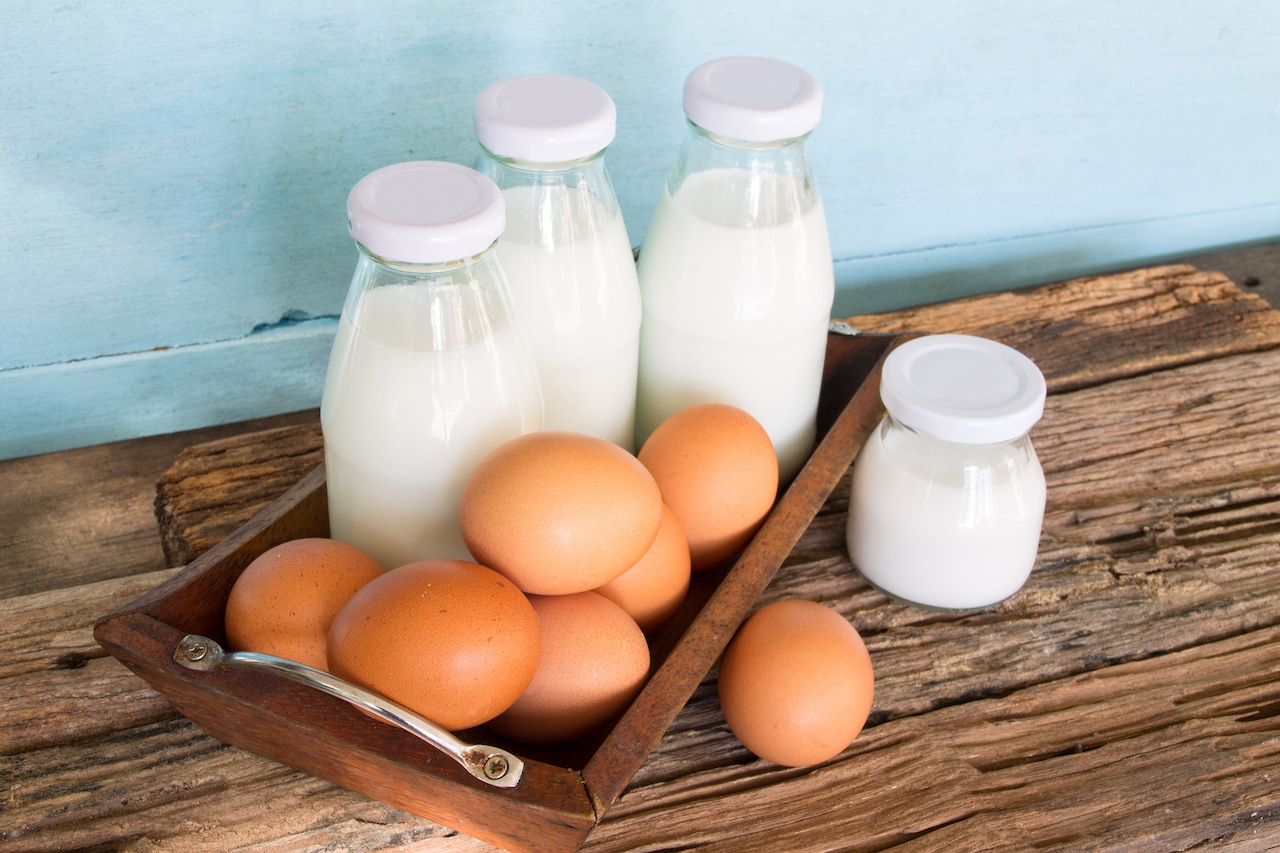Vegans and people switching to predominantly plant-based diets could be at risk of deficiencies of an ‘overlooked’ but important brain nutrient, a prominent nutritionist has warned.
Choline, which was only recognized as an essential mineral in 1998, plays a vital role in transferring signals between nerve cells. In food, it is most easily obtained from eggs, milk and meat. In an article for BMJ Nutrition, Prevention and Health, Dr Emma Derbyshire says that ‘further movements away from the consumption of these could have unintended consequences for choline intake/status’.
She says that research shows ‘the majority of Europeans, American, Canadian and Australian populations are not meeting choline AI recommendations’ and that ‘accelerated food trends towards plant-based diets/veganism could have further ramifications on choline intake/status’.
Accelerated food trends towards plant-based diets/veganism could have further ramifications on choline intake
Derbyshire adds that if choline levels are not achieved from dietary sources, supplementation should be considered ‘especially in relation to key stages of the life-cycle such as pregnancy, when choline intakes are critical to infant development’.
A spokesman for the British Nutrition Foundation told the BBC that ‘a healthy and varied vegetarian or vegan diet would provide some dietary choline’ and that it was also important to ‘make sure plant-based diets are well balanced to ensure enough of nutrients like iron, zinc calcium and vitamin B12 are consumed’.





